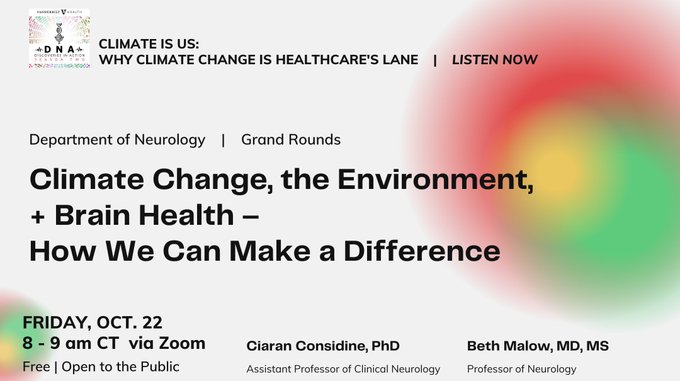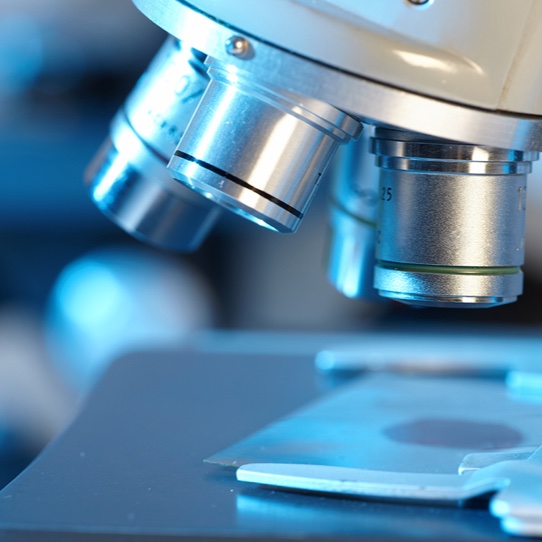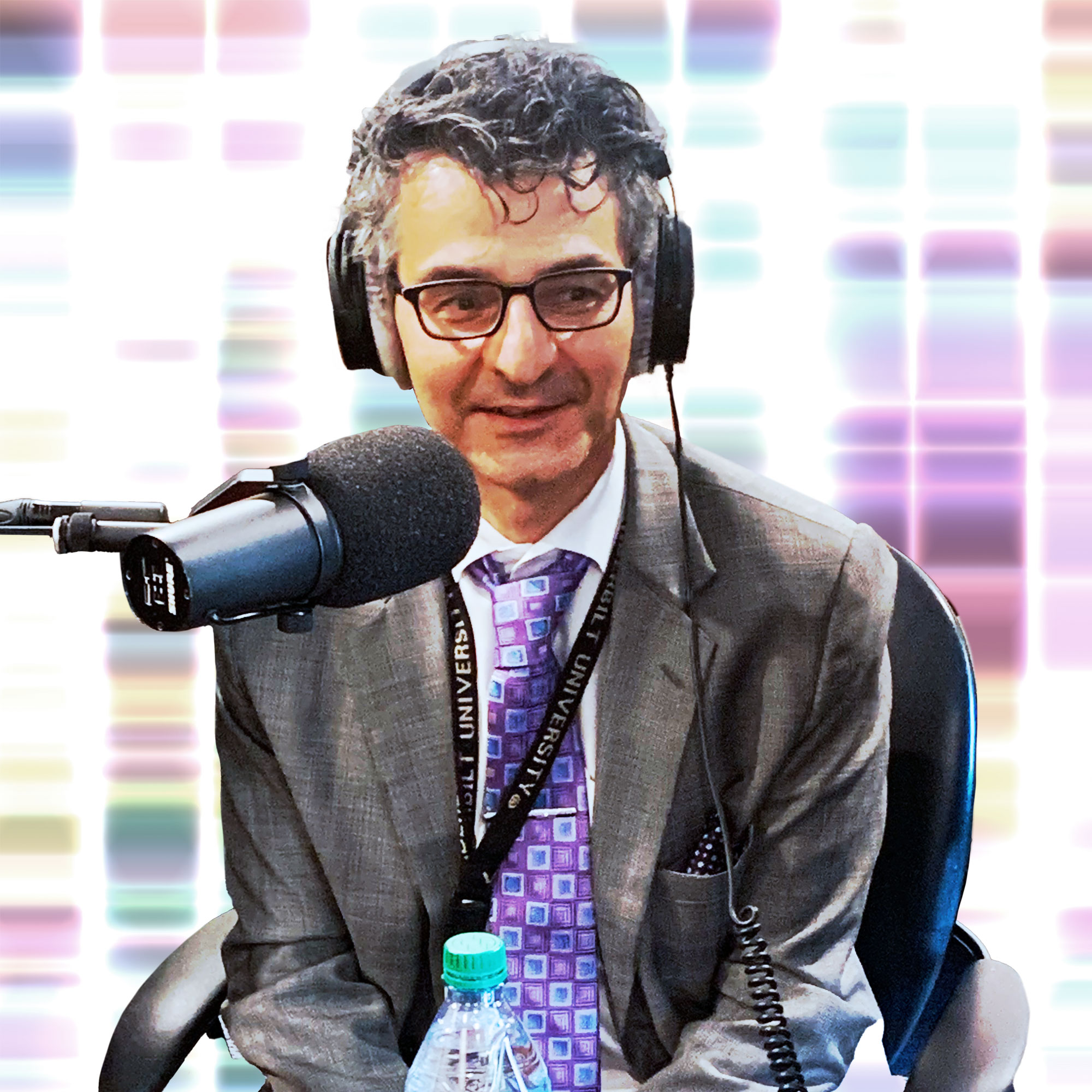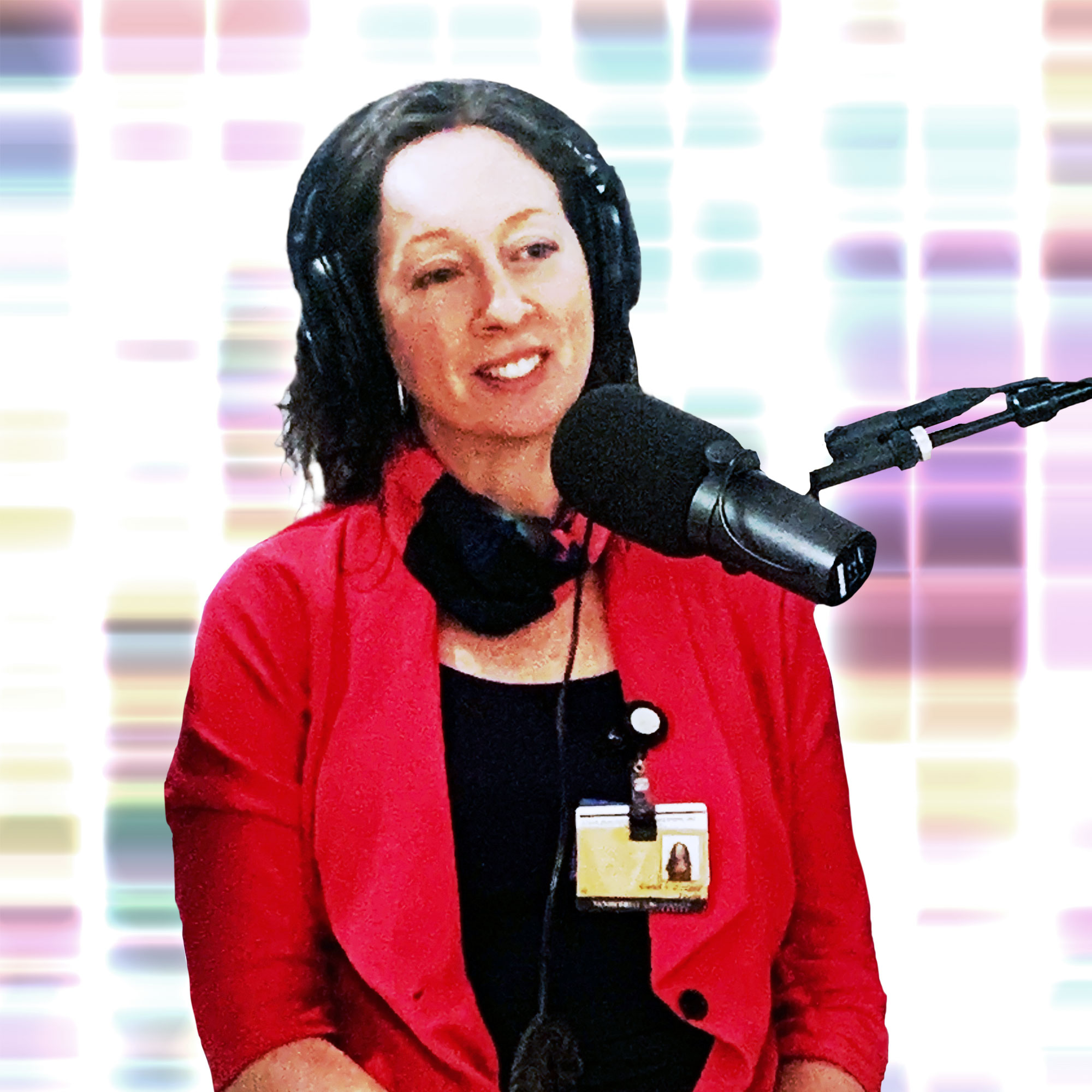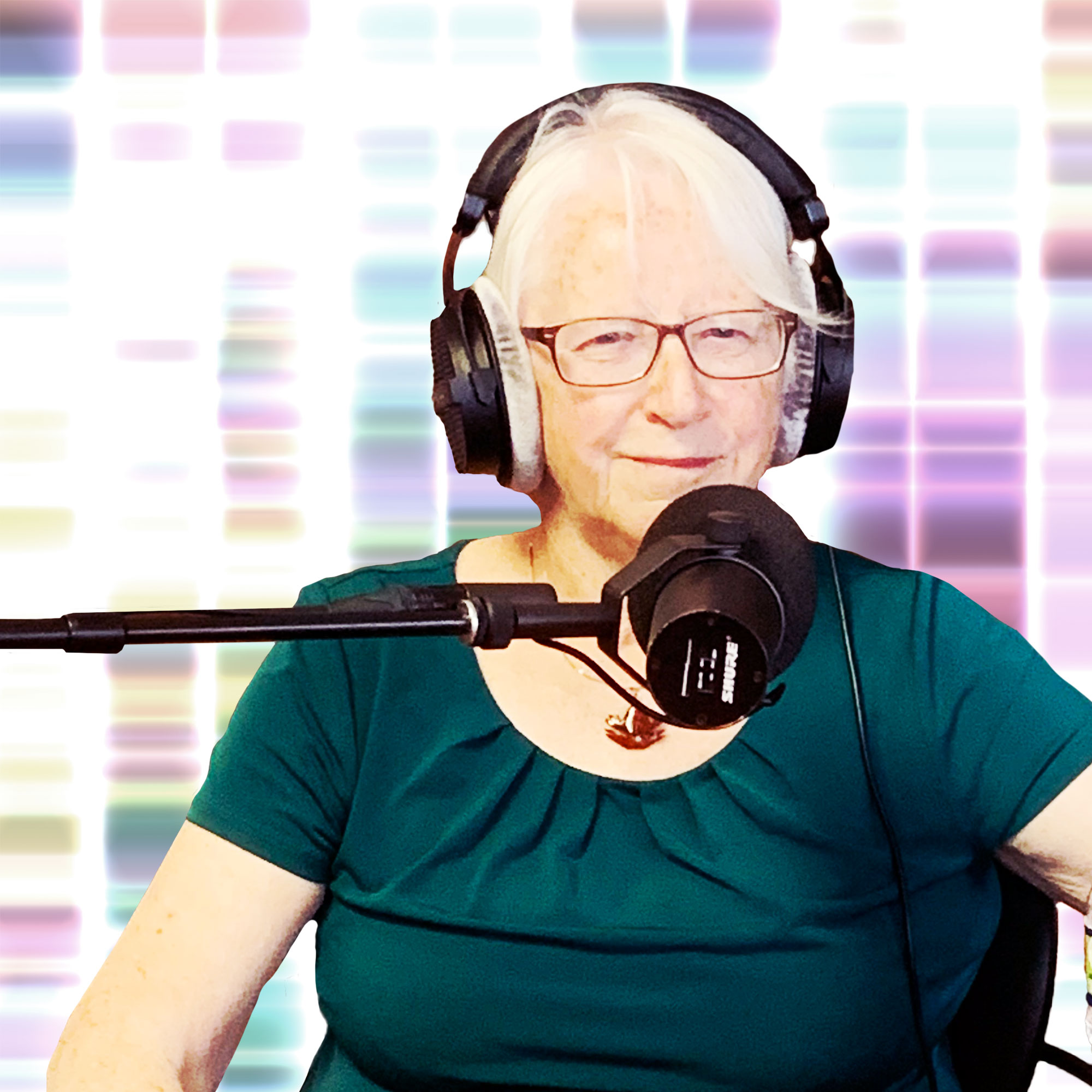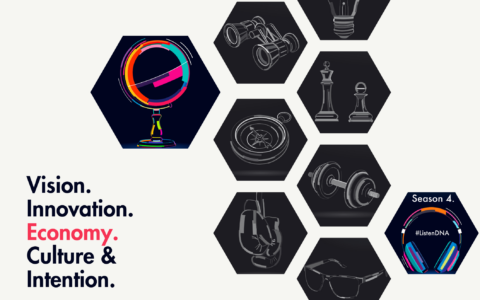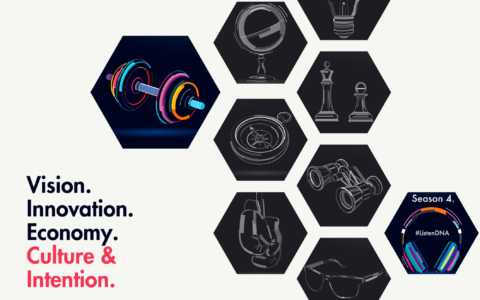“Climate is Us” explores the imperative of making climate change a variable in decision making from medical and nursing school curriculums and in each of our lives to corporate governance and health IT.
This episode is a call-to-action — or more accurately, a call-to-urgent action— that’s meant to inspire, not pile on additional climate guilt.
“This is rock-and-roll focused on the planet, and that’s a great place to be. So whether or not a given business is willing to consider climate change, whether or not a given individual is, it’s going to happen. It’s just a question of how fast individuals or organizations can go through the five stages of Elisabeth Kübler-Ross in ‘On Death and Dying’ and come to acceptance. The faster we come to acceptance, the faster we are able to pivot,” said Reed Omary, MD, MS, Carol D. and Henry P. Pendergrass Professor and chair of Radiology.
“Either we’re all going to rise or we’re all going to sink together,” said Carol Ziegler, DNP, NP-C, RD, member of Vanderbilt Institute of Global Health, family nurse practitioner of Meharry Family Practice, and Professor, Vanderbilt University School of Nursing.
The business case
“It’s going to be really hard, I think, moving forward to try and hire 20-somethings, the teenagers of today, if we stick our heads in the sand regarding climate change. And from a really practical perspective, I can say in almost every sector right now in the United States, there are staffing shortages for whether it’s hospitality, whether it’s healthcare, whether it’s service. All of those are having staffing shortages. So within those industries, we really need to think, “How do we recruit the top talent?” So even if a leader in a particular organization, they don’t really care so much from a values-based or a philosophy regarding climate change. It’s a good business decision to be concerned about it because this is going to be essential for hiring our future,” said Omary.
Climate change as a social determinant of health
“Energy justice — folks who don’t have access to air conditioning are dramatically impacted by climate change…. Their carbon footprint is smaller than most of ours, and yet they’re paying the price with their bodies,” said Ziegler.
Relationship with nature
The promise of biodiversity could vanish before we ever know its potential, explains Louise Rollins-Smith, PhD, professor of Pathology, Microbiology and Immunology who studies the immune defense mechanisms of amphibians.
“So new species of amphibians are being discovered all the time in remote places where no one has been. And if we don’t understand some of those potential pain killers or antimicrobial agents that are in the biological medicine cabinet, then it’s lost. It’s lost forever.”
The zeal of younger generations
“The youth movement partly promoted by Greta Thunberg…is really giving me some hope that there’s a lot of recognition among young people that there is a climate crisis. And I hope that encourages them to develop careers in science so they can begin to help find the solutions,” said Rollins-Smith.
“I’m a GenX-er, we’re all kind of cynical, so the people I see coming up, the nursing students now, they’re really devoted and the youth generally, I think, have a really strong mind for justice and don’t want to see us keep repeating the same mistakes we’ve made. It’s like either we’re all going to rise or we’re all going to sink together,” said Ziegler.
Nursing
Ziegler started teaching a course in 2018 called Planetary Health, Policy, and Social Justice. She starts from the premise that climate change is squarely in healthcare’s realm in every community, in every zip code, on every continent.
“If you read the old texts that Florence Nightingale wrote in ‘Notes on Nursing,’ it’s all about air flow and air quality, and the clean environment, and do they have access to clean water. So it’s always been part of what we do,” Ziegler said.
“I think the difficult thing for most people is connecting this very abstract notion of planetary health and climate change to what do I feel like today, right? What’s happening to me today? And that’s where I think nurses play a really interesting role. We do it with things like cigarettes and cancer, right, what you eat and your health,” she said.
The practice of medicine
“I think we want to expand that and ask as a physician, ‘What is the way I can impact the greatest number of people possible? I will always continue to see those patients in clinic or in the operating room, and I will do everything I can to improve the wellbeing of everyone in our community around the world.’ And this gets to the United Nations’ Sustainable Development Goals, understanding the relationship of climate change to equity and health around the world. And it should be something that we all consider and it comes to the core values of being a physician,” said Omary.
“We need a better way to track visits, right? So ICD-10 codes. There’s not a quick and dirty way for providers, say an emergency room or a primary care clinic, to really identify codes that relate back then to climate change impacts or planetary health impacts. So that’s a big gap that’s there that we need to fix,” said Ziegler.
Tune in on your favorite platform: Apple Podcasts, Google Podcasts, Spotify, Stitcher, Pandora, and the Health Podcast Network. New episodes drop every week.
Join the conversation on Twitter and LinkedIn with #ListenDNA and by following @VUMC_Insights.
Vanderbilt School of Nursing hosts global climate education initiative
Climate Change May Increase Skin Cancer Risk
Climate Change Research Network
Neurology Grand Rounds: “Climate Change, the Environment, and Brain Health – How We Can Make a Difference”


